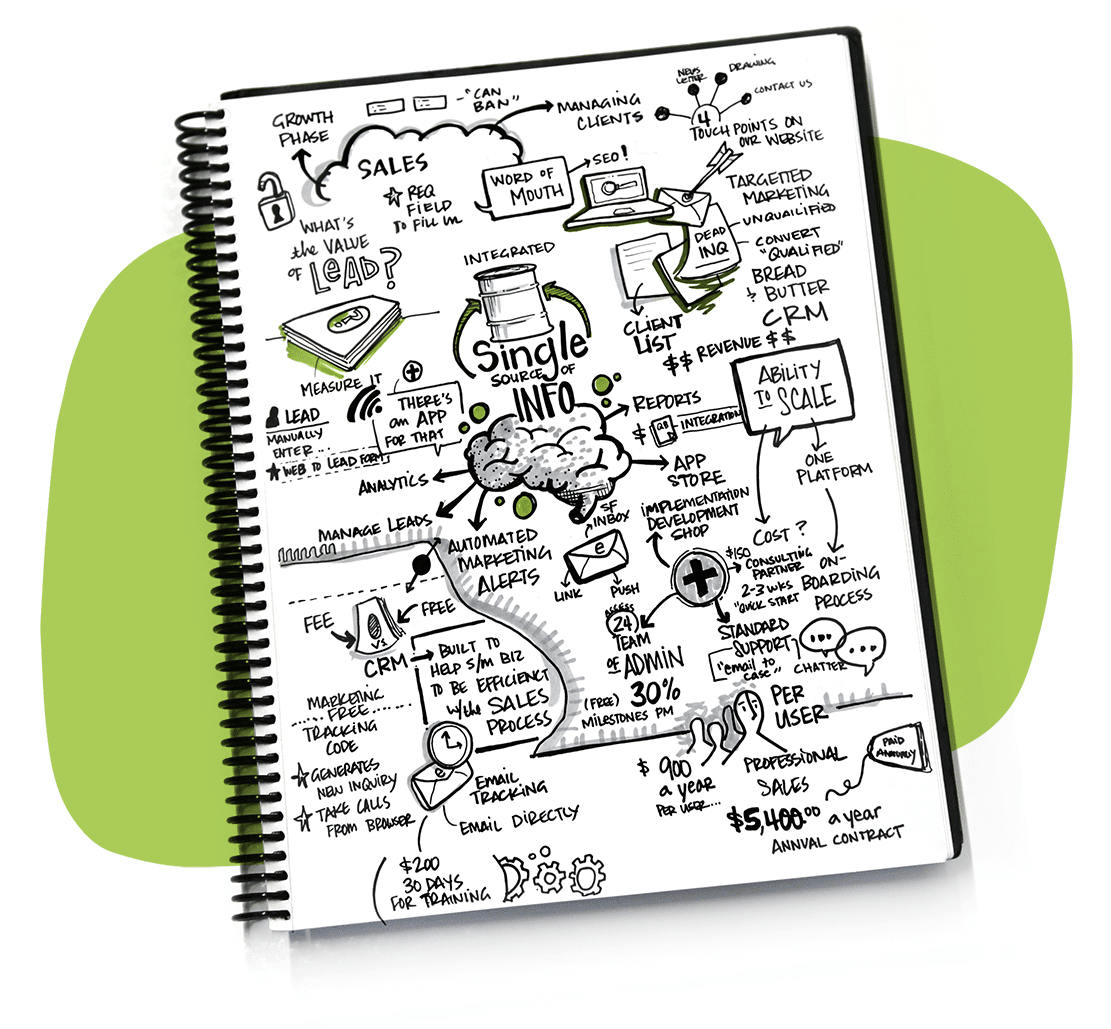On taking notes

Up till my late teenage, I rarely remember myself studying in class, much less actively taking notes. Blankly copying everything that was scribbled on the board was the norm in schools before the digital era made us realize that all that effort was practically wasted. The teacher can now easily mail detailed notes to all the students with a click of a button.
But then why take notes? Does note-taking hold any relevance in the current age when all information can be digitally distributed and facts can be looked up with a simple Google Search? To the best of my understanding, this is what I have realized about the relevance of making notes:
We do not take notes to record our observations, we take notes to crystallize our learnings. The best notes are those that the writer does not have to read for a long time after making them.
Why take notes?
Imagine that you are a collector of interesting things and whenever something captures your interest, you pick it in and put it in a sack. After a few years, the sack has become big and heavy but finding anything in the sack requires time, more time than you usually have. The sack as it is is useless to you now and will be useless for you in the future.
The sack demands that what goes into it is organized, similar things are clubbed together and duplicates are removed. The value of the sack does not come from its size, but rather from how quickly you can retrieve things. This sack in our context is your brain and believe it or not you stuff a lot of things daily in your sack.
The act of note-making forces you to decide what is important, what is not important, what goes in your sack, and what does not. The act of note-making forces you to retrieve everything that you have stuffed in the brain onto paper so that things that are the most important get highlighted in your brain. The act of note-making reorganizes your thoughts and makes sure you remember them for a long time.
Evolution of the note-taking process
Through my experience, I have realized three stages of note-taking that you probably go through in the journey to become an expert note-taker.
- Linear Note Taking: As usual you start with a linear note-taking format where everything runs from end to end just like a notebook. This is the most natural way of taking notes and this is usually where all note-takers start from. However, soon you realize that linear note-taking is good for recording observations but not for making connections between things you are recording.
- Layered Note Taking: My note-taking format has slowly started to evolve from linear to layered. This is when I usually make notes on two or three levels. Whenever I am going through some content, I make rough linear notes (Level-1) that capture all ideas of interest. Next I use these rough notes as the content, go through them again and summarise and organise all these different ideas into another layer that is much more readable. As notes start to get collected, you can even create a Level-3 summary of all multiple Level-2 notes on the topic. Layered note-taking can help you summarise large amounts of information.
- Network Note Taking: Finally, network note taking refers to a note taking style where you can imagine each individual note like a flash card sharing a concept. Multiple notes are connected to each other via front links and back links and eventually what you get is a connected growing network of all your learnings. Zettelkasten is the fancy name of this style of note-taking. You need a software like Obsidian to evolve to this level.
Getting Started and the way ahead
The best way to get started on note-taking is to build patience for writing and start taking short crisp notes whenever you are consuming any kind of information. It might seem like it is breaking your flow and it might seem like you have the tendency to note down everything that you are being told. It is important that you give yourself the freedom to evolve your note-taking process and not stick to any rules. Skip liberally, note only what you find interesting. Once you start to realise that you remember things much better while taking notes, you will start to crave for taking notes.
